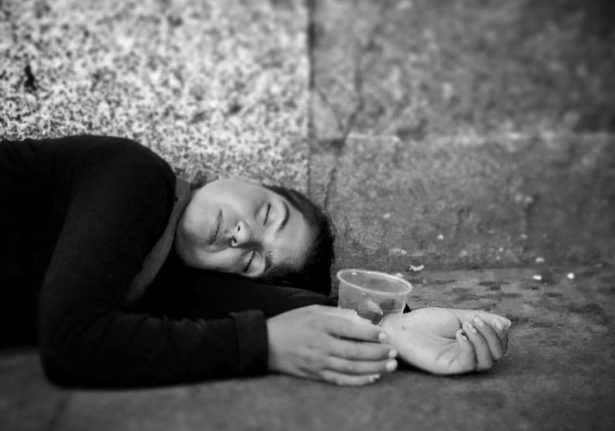”I don’t know of any other case like this that has gone to trial. The special circumstances are the issues with the fiancé, that makes it original,” said deputy chief prosecutor Thomas Ahlstrand at the International Prosecution Chamber in Gothenburg to news agency TT.
The mother and the son are also charged with rape, child rape, and sexual coercion.
The family of the mentally handicapped man believed he would get better if he had a wife, so they bought the girl for him from her father in the Serbian capital, paying €1,000 ($1,360), according to the charges.
The girl arrived in Sweden during the early autumn last year and was allegedly kept under close watch in the flat where she was forced to have sexual intercourse with the son.
“The girl was forced to get engaged in line with Roma customs with the 25-year-old, and was taken to the family’s apartment … where she was locked up,” daily Expressen reported at the time.
According to the prosecutor the father of the girl had not been told of the man’s mental handicap.
He was persuaded into letting the girl come and live with the family.
Apart from the initial money that changed hands, the father in Serbia was given a few smaller sums by the family in Sweden over the course of the year.
However, all three charged denied the allegations.
”The girl has lived there and they don’t think she has been subjected to any crime,” said Ahlstrand.
According to the charge sheet the girl had not turned 15, the age of consent in Sweden, when she came to the country. She fell pregnant on more than one occasion and suffered at least one miscarriage.
Although the girl hasn’t claimed to be locked up by the family. Ahlstrand argued it wasn’t possible for her to leave on her own accord.
”She hasn’t said that she was locked up. But she was under 15 and living with a family her father has left her with. You don’t have to be locked up in that situation. She didn’t want to stay where she was,” said Ahlstrand to TT.
According to daily Expressen, the girl was very happy to have been freed from her ordeal and has allegedly made police promise that she never has to return there again.






 Please whitelist us to continue reading.
Please whitelist us to continue reading.
Member comments